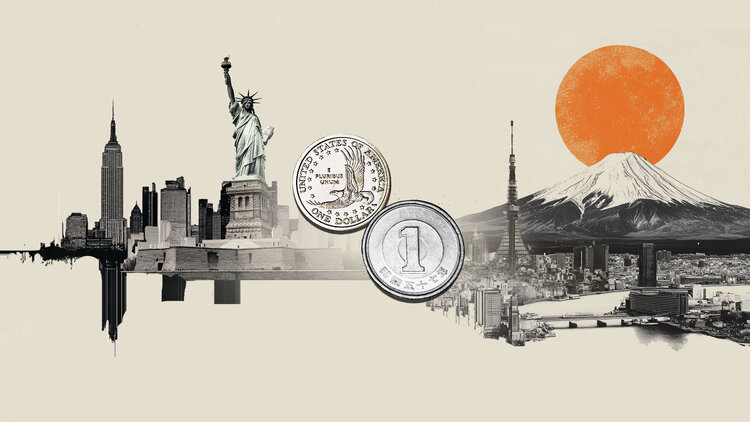Ninety citizens of Rio de Janeiro managed, through an unprecedented initiative of the Public Defender of Rio, to change the gender identity registered on the birth certificate.
Legally, gender identity is the individual’s internal experience in relation to gender, which may or may not correspond to the sex assigned at birth and which includes gender expressions such as the personal feeling of the body and the way of dressing and speaking.
Since 2017, trans people can request rectification of documents directly at the notary’s office, without the need for legal action. However, the guidance of the Federal Supreme Court (STF) for notary offices to carry out civil requalification without legal action has not been extended to non-binary citizens. The term refers to people who do not identify themselves as either a man or a woman.
In Brazil, only five non-binary people won favorable court decisions to change the records on the birth certificate, according to the Public Defender of the State of Rio de Janeiro.
Of the 90 requests to change gender identity, 48 are from non-binary citizens.
Thanks to a partnership between the state’s Public Defender’s Office and the Itinerant Justice program of the Court of Justice of Rio de Janeiro (TJ-RJ), those registered in the social action will receive, this Friday (26), a court decision that will oblige notary offices to change birth records immediately.
The delivery of sentences will be made in person during an event organized by the Public Defender, this Friday afternoon (26), on the campus of the Oswaldo Cruz Foundation, in the North Zone of Rio.
According to the Nucleus for the Defense of Homoaffective Rights and Sexual Diversity (Nudiversis), the capital of Rio de Janeiro is the hometown of most of the people who will be assisted in social action (57), followed by neighboring Niterói (14).
For the coordinator of the Nucleus, Mirela Assad, the increase in registration numbers reflects an urgent need for change.
“Although the Justice tries to ignore this reality, non-binary ones exist and are increasingly mobilized to conquer rights. It is unacceptable that these people still need to use lawsuits to have their identities respected. We hope that the great demand for the Ombudsman’s service will serve as an inspiration so that, soon, the gender correction can be carried out in notary offices, as it is done for transgender men and women”, says the public defender.
Agents from the Rio City Hall’s Executive Coordinator for Sexual Diversity will also carry out new registrations and data updates in the Cadastro Único system, during the event, in addition to providing guidance on issuing documents.
‘Change of my birth record will be my final release’
Since 2018, Igor Sudano has been trying to change the birth record. The 28-year-old Niteroiense identified himself as a transgender man and wanted to include gender and masculine pronouns in the document.
The updated paperwork did not reach Sudano’s hands until a year later. But when everything finally seemed resolved, Igor changed his mind. The male gender, with which he identified, began to provoke strangeness.
“I no longer knew how to answer questions like, ‘Why do you identify yourself as a man?’” says the content producer. Until after doing a lot of research on gender identity, she found a word that she didn’t know before: “non-binary”.
“I already see myself and live as a non-binary person, but the document is authoritative. It helps to show society that gender identity is not silly or adolescent identity crisis. Changing my birth record will be my final release” declared Igor.
Regarding gender identity, there are transgender people, who are people who identify with a different gender from their biological sex, which can be heterosexual, bisexual or homosexual.
The term cisgender groups people who identify with the sex assigned at birth, regardless of sexual orientation.
Transvestites or transgender people, in turn, are people who experience female gender roles, not recognizing themselves as men or women, but as members of a non-gender.
Reference: CNN Brasil







